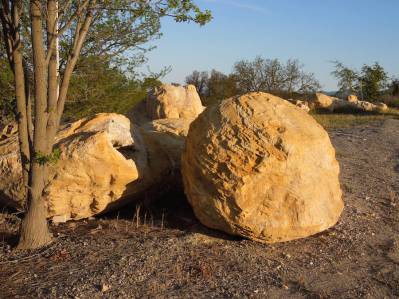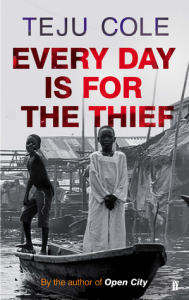 Memory of Water by Emmi Itäranta is a dystopian novel set in a post-oil world, in which the protagonist lives in a community where water is scarce and controlled. This lack of water shapes new politics and new borders, placing power in new and dangerous hands. The reason for this environmental crisis is not explicitly said, yet is referred to a great environmental tipping point before their time within the ‘Twilight Century’. Society has consequently lost part of it’s history from this time, and therefore doesn’t know how to change it’s actions. We are currently making devastating changes to our planet, could the Twilight Century be a reference to our present day actions?
Memory of Water by Emmi Itäranta is a dystopian novel set in a post-oil world, in which the protagonist lives in a community where water is scarce and controlled. This lack of water shapes new politics and new borders, placing power in new and dangerous hands. The reason for this environmental crisis is not explicitly said, yet is referred to a great environmental tipping point before their time within the ‘Twilight Century’. Society has consequently lost part of it’s history from this time, and therefore doesn’t know how to change it’s actions. We are currently making devastating changes to our planet, could the Twilight Century be a reference to our present day actions?
Throughout the text, the continuity of water is attached to themes of tradition, culture, knowledge and history. For Noria, losing access to water means losing her ability to continue Tea Ceremonies, which in turn creates a loss of culture for her family. Tea masters are portrayed to have a unique connection to water, as it is part of their ritual to appreciate and embody its qualities. This tradition is passed down through the generations, linking to the continuity that water symbolises. The idea of water being something that is ‘always changing but never disappears’, relates to concepts within Blue Ecology. Michael Blackstock states that ‘fresh water has a unifying role at the ecosystem and human level’, suggesting that through water we are interconnected to the ecosystem in an ecocentric way, rather than anthropocentric. The fresh water cycle occurring on earth isn’t just physical; as humans we also contribute to the cycle through drinking and polluting it, and this is what Memory of Water is trying to communicate.
In my opinion, the most striking part of the novel is how close the dystopian setting is to our everyday lives. Itäranta’s take on waste culture really puts our current actions into a perspective that is easily imaginable. She plays with the concept of time scales through thing’s such as the ‘plastic graves’ portrayed in the text. The masses of non-degradable, broken, materials and items from the Twilight Century are described as ‘a large, craggy, pulpy landscape’, a place which is both ‘toxic’ and dangerous.
One quote that particularly stood out for me is Sanja’s reply to Noria when thinking about those who lived before them. She says, ‘it’s not worth thinking about them, Noria. They didn’t think about us, either.’ This resonated within me, as I questioned how regularly I actually think about future generations to come in relation to my actions, and how little big industries do anything to preserve natural resources or make materials that will not stay on this earth for thousands of years to come. Noria and Sanja are living in a world where people have to survive of other’s past waste. Could this be the future that is in store for generations after us, if we do not start thinking about our long term effects on the environment? Our oceans are currently becoming graveyards full of plastic, yet we still act oblivious to the idea that we are causing a negative change to the environment. It is proving hard for us as humans to realise that what we produce on this earth, will forever be on this earth; in its current state or in a different form.
Noria’s mother once says, ‘‘I believe the world wouldn’t be what it is today if it wasn’t for people.’’ This is entirely true, both in the novel and in today’s society. The text doesn’t just make us think about our dependency on water, it also brings attention to the long lasting effects we have upon the planet. The Romantic notion of vast amounts of oceans and lakes is not a real depiction of water. Water is political, it is currently being capitalised, and water’s rights and existence is just as important as ours.
Pollution Solution: cut down your plastic waste consumption little by little; for example, bring a flask with you when buying your daily coffee.
Sources
Blackstock, Michael, ‘Blue ecology: A cross-cultural approach to reconciling forest-related conflicts’ in BC Journal of Ecosystems and Management (2005)
Eco-Fiction.com, Interview with Emmi Itäranta, Memory of Water (2014) Online: https://eco-fiction.com/interview-emmi-itaranta-memory-water/
Itäranta, Emmi, Memory of Water, (New York: Harper Collins Publishers, 2015)
Advertisements Share this:



![Under Pressure (Body Armor, Book 1) by [Foster, Lori]](/ai/088/120/88120.jpg)
